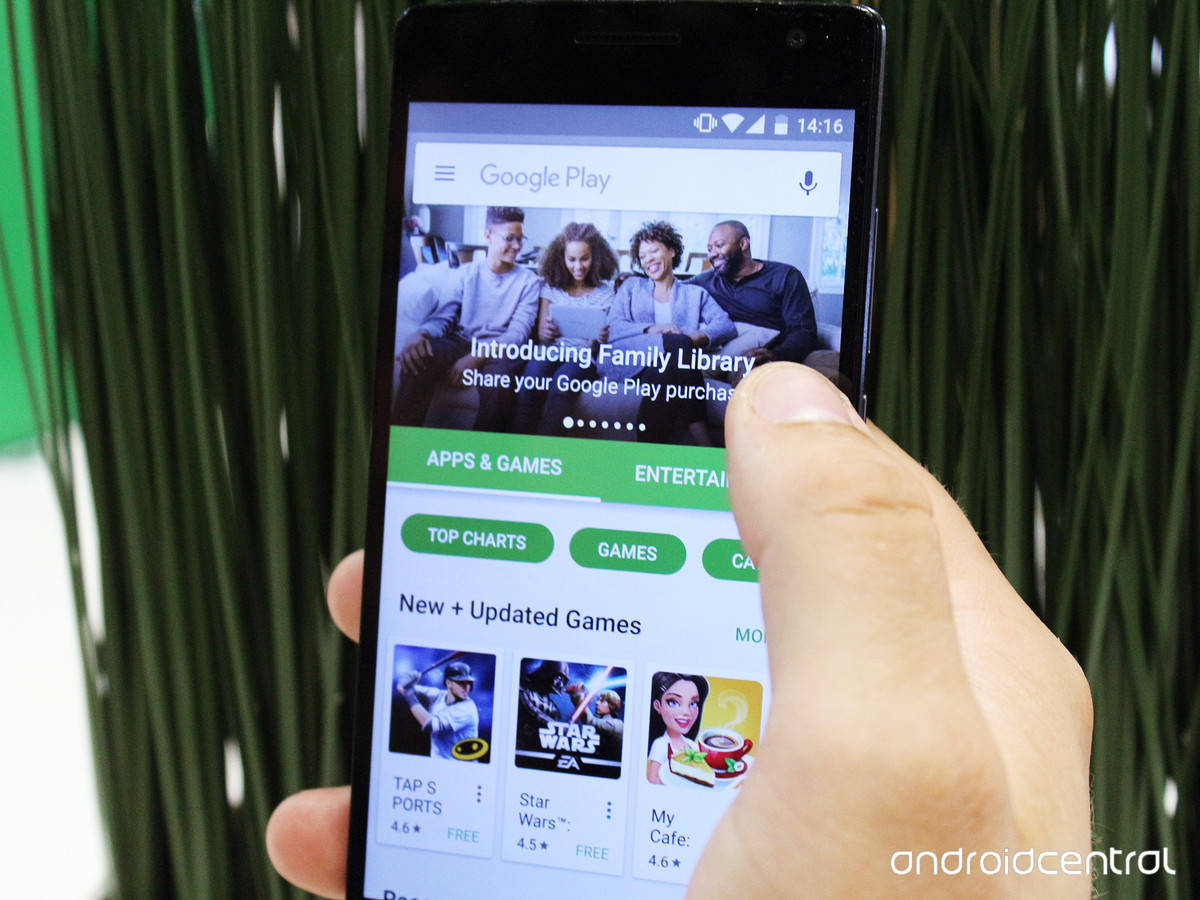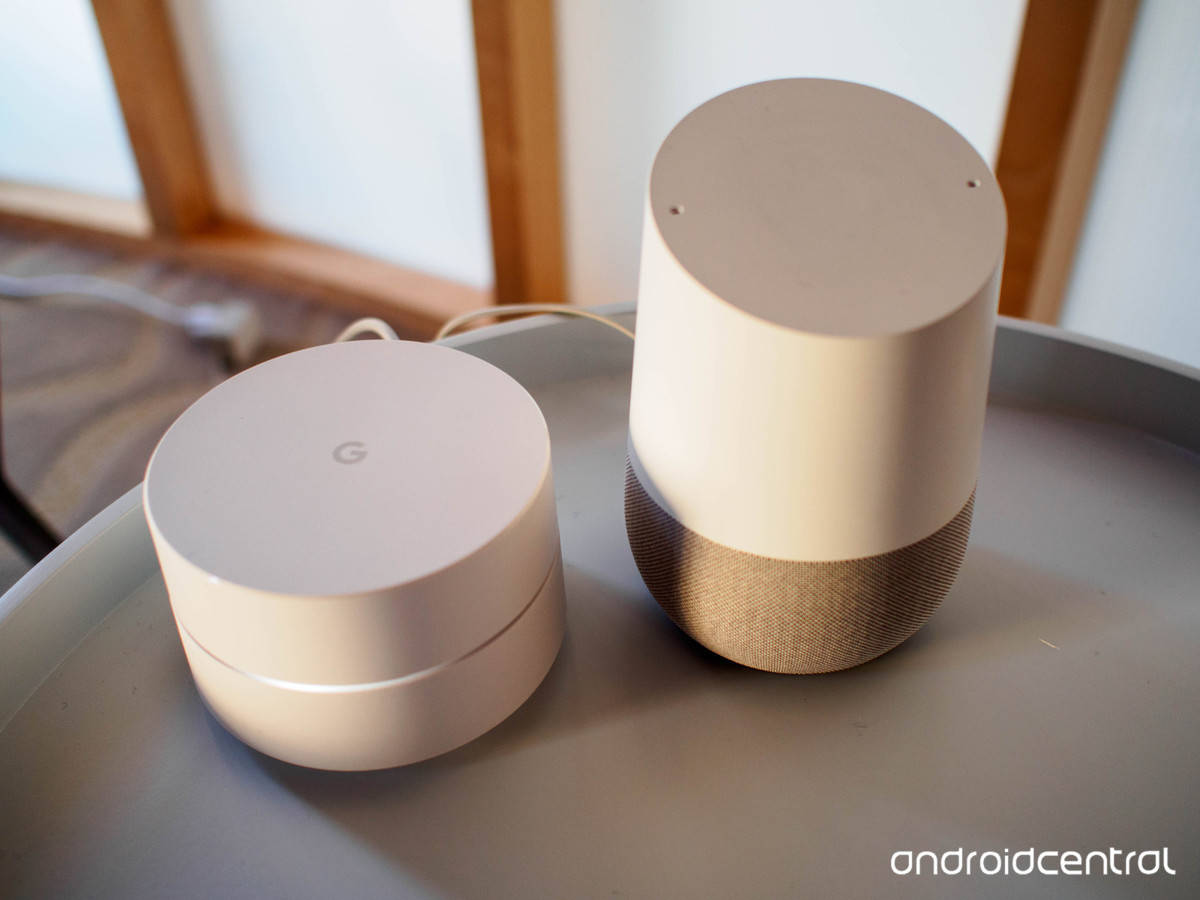Assistant needs to grow fast for Google Home to be great.
Google has made it quite clear that Assistant is the future. It’s in every aspect of your phone, ready to jump into a conversation at a moment’s notice, and soon will occupy a physical space in your house thanks to Google Home. This is the evolution of so many different things Google has tried over the years, and the initial response to Assistant has been mostly positive. It’s clear there’s room to grow, especially when it comes to something you can have a conversation with, but the building blocks are solid.
The big question is what the current form of Assistant will be like for Google Home, and what kind of rapid change and growth is going to be needed for Assistant to be helpful as more than just a mobile chat companion.
Smarter than your smart home
The first step for Google Home is the most obvious. It needs to be able to talk to the things in your house, and it needs to do so well. We’ve seen examples of using Google Home to launch video apps and play files on a Chromecast, but right now those features don’t work well in Assistant. Saying “OK Google” right now about something on Netflix isn’t all that functional, even if you’re just looking for specific episodes of a show or cast members within an episode. This is all information Assistant should have access to, and should happen well before users are asking to play a video on the television.
It’s going to feel like magic to a lot of people.
Google apps being able to talk to Google products is table stakes, though. Google Home needs to be able to talk to connected home equipment in a way that feels natural. Right now we have IFTTT triggers that are just about as organic as what you get through Amazon Echo. As long as you line the words up just right, it’ll get the job done. Google Home needs to take a step further and really integrate with your connected house. You need to be able to ask what the inside temperature is, and when the answer gets you saying, “That’s a little cold,” have your Nest thermostat respond by turning the heat up a couple of degrees. The individual pieces exist for this already, but it’s up to Google to make sure the interaction feels natural.
It’s unclear any of this will be available when Google Home launches, which could be a problem. Google Home needs to take Assistant and make it immediately aware of what is connected to the network at home and know what can be controlled and what can be integrated with as you set it up for the first time. If that happens, it’s going to feel like magic to a lot of people.
A compelling morning companion
![]()
Anyone who uses Amazon Echo in more than one room knows the benefits of using Alexa as a morning companion. Setting a timer for your breakfast as it cooks, hearing a quick recap of news, and checking in on traffic patterns are all daily things that can be made much more useful by Google Home. Alexa isn’t aware of the route you take to work, the news sources you regularly check, or the shows you stream to your Chromecast. You have to program all of that yourself, and even when you do the results are a little mechanical. Google Home should excel in this area, creating personalized morning briefs based on your activity and making sure the route you take to work is clear for you should be something it does with ease.
What will be even more interesting is what happens when Google Home is able to take things one step further. To hear on the Home speaker or your phone as a reminder that Game of Thrones is going to come on in 20 minutes, or to remind you as you walk into the grocery store that you have things on your grocery list that need to be picked up. There’s a lot of cross chatter between phone and Home that could be automated well through Assistant, and while it may not be something Google can do out of the box it’s something Assistant will be able to personalize over time.
Whole family support

The biggest challenge Google has right now, the thing that is a bigger problem on Home than it is on Echo because of how integrated Assistant is supposed to become, is support for multiple accounts. I want my son to be able to ask for the next episode of Aphmau’s MyStreet and not have weird Minecraft videos show up in my YouTube recommended feed. I should be able to ask for a list of restaurants in the area and have Assistant highlight favorites based on where I’ve been before, and not have that list contaminated by my spouse ordering pizza when I’m not around. If my oldest daughter asks Google Home what is on the schedule for today, it shouldn’t respond with my list of meetings.
Google Home becomes a lot less useful when it lets anyone who walks into my house contaminate my Search, Maps, and Youtube results.
There’s no doubt this is incredibly complicated, and probably will be a problem at launch, but it’s something Google can and hopefully will solve before too long. This is a company that has struggled with the idea of multiple accounts on things like Android TV in the past, and adding a Family Plan with shared content isn’t a solution for it on Google Home. I need to know my daughter can ask for something to be streamed to Chromecast under the content restriction guidelines I set for her, and not the content restriction guidelines I set for myself. If this is really going to be something Google expect the whole family to use, it needs to include multiple user voice training and multiple account login management.
The alternative is what we have with Amazon Echo right now. I have a to-do list full of things like “scratch your butt” and “pick up 500 jars of pickles” because my kids can add things to my account with no authorization from me. I have a streaming radio preset that includes two versions of songs from Frozen and every Perry Gripp song ever because my kids like to listen to silly things while I’m cooking in the kitchen. Google Home becomes a lot less useful when it lets anyone who walks into my house contaminate my Search, Maps, and YouTube results. And you can bet I’ll respond by messing with every Google Home I see when visiting other people’s houses.
Surviving the early days

Google is a company built by making things and improving them as they get more data from users. That’s not a bad thing, and in fact has lead to some impressive revolutions in how we look at email and automation. That having been said, Google Home is supposed to be the first step in a future where we talk to our computers in the comfort of our own living rooms and don’t look insane doing so.
It’s not going to be perfect right away, but some assurances from Google that this is not just Assistant in a box would be nice. As great as Assistant is right now, it’s not a home assistant yet and it’s not quite ready to compete with Amazon Echo in several respects. There’s little stopping Google from making sure that’s no longer true by the time Home launches, and that’s going to be the experience that really matters.